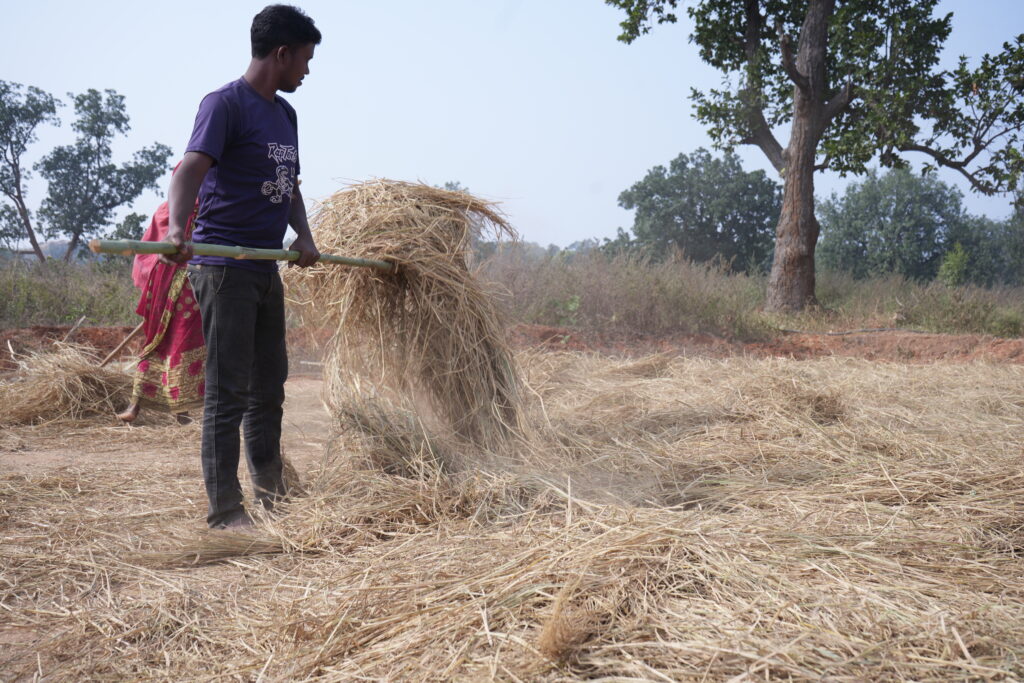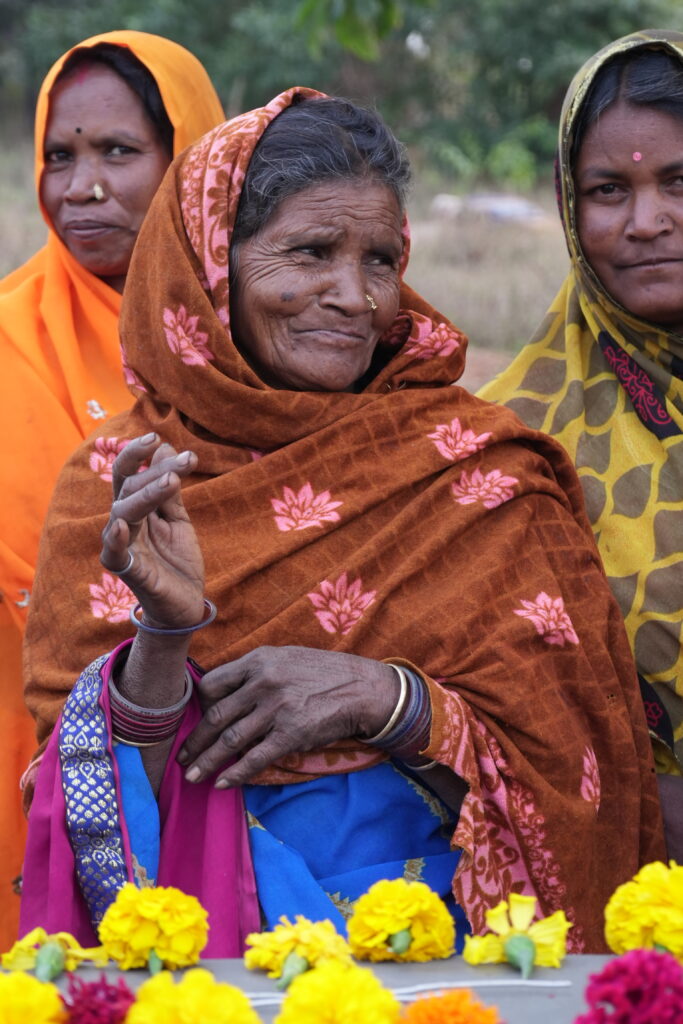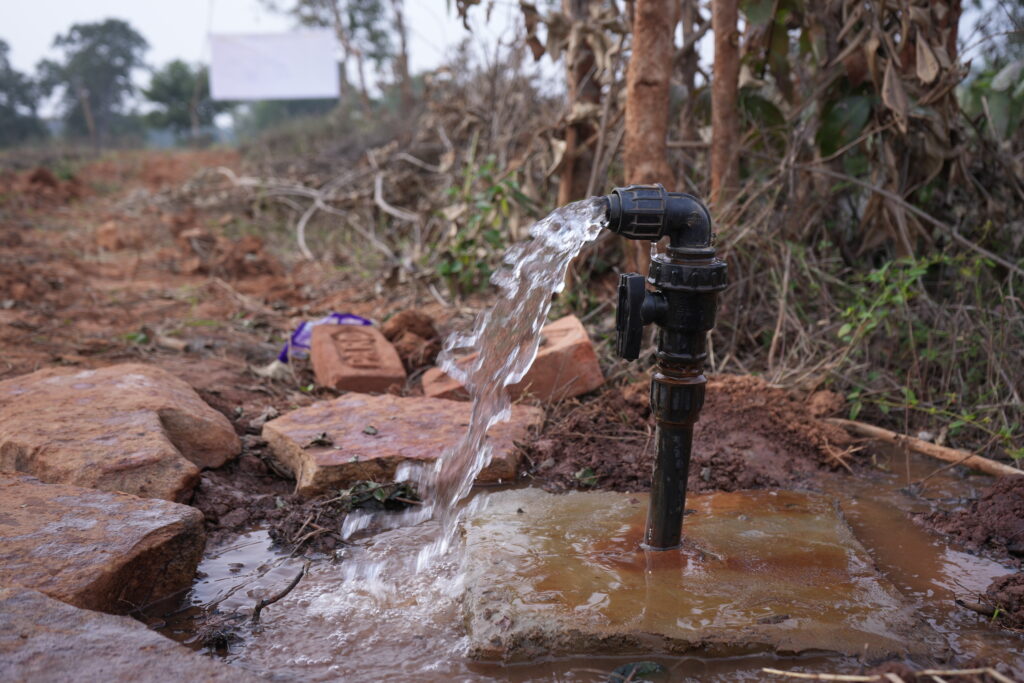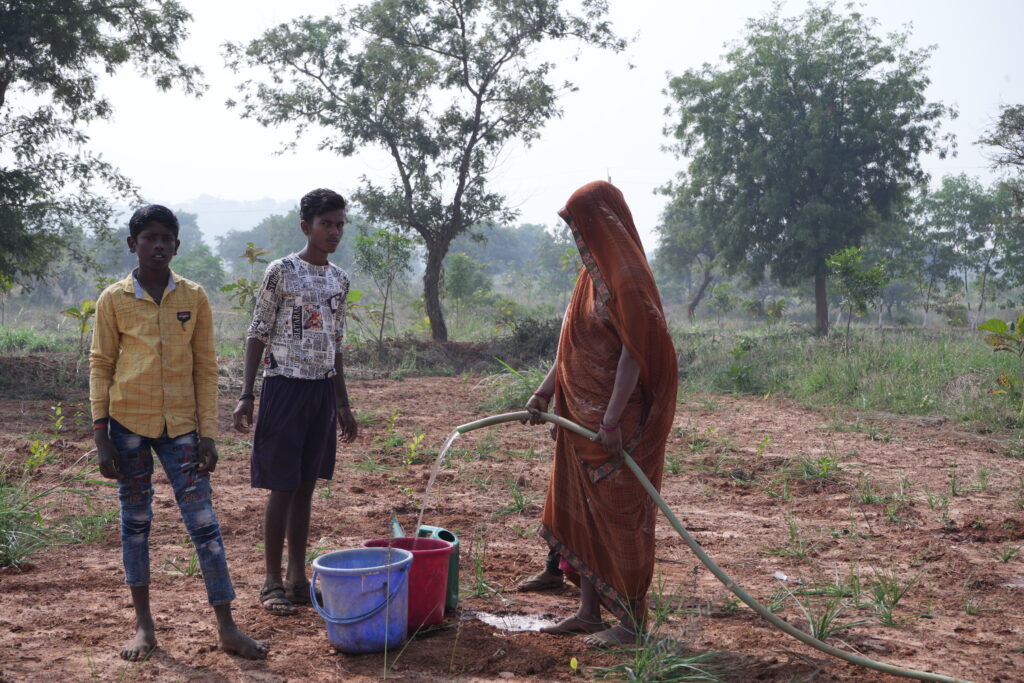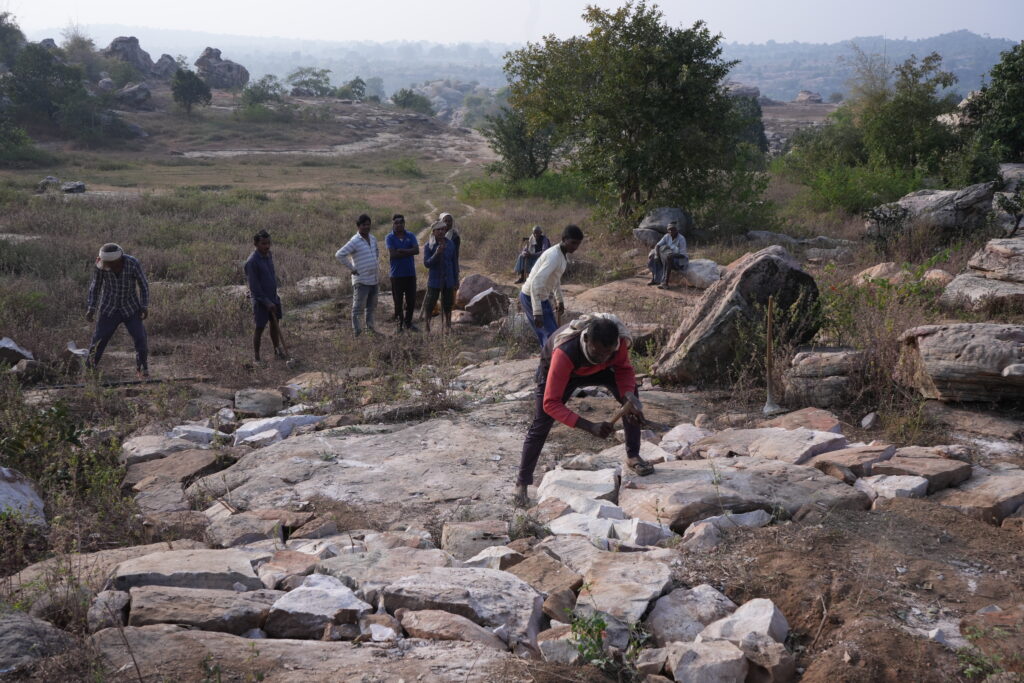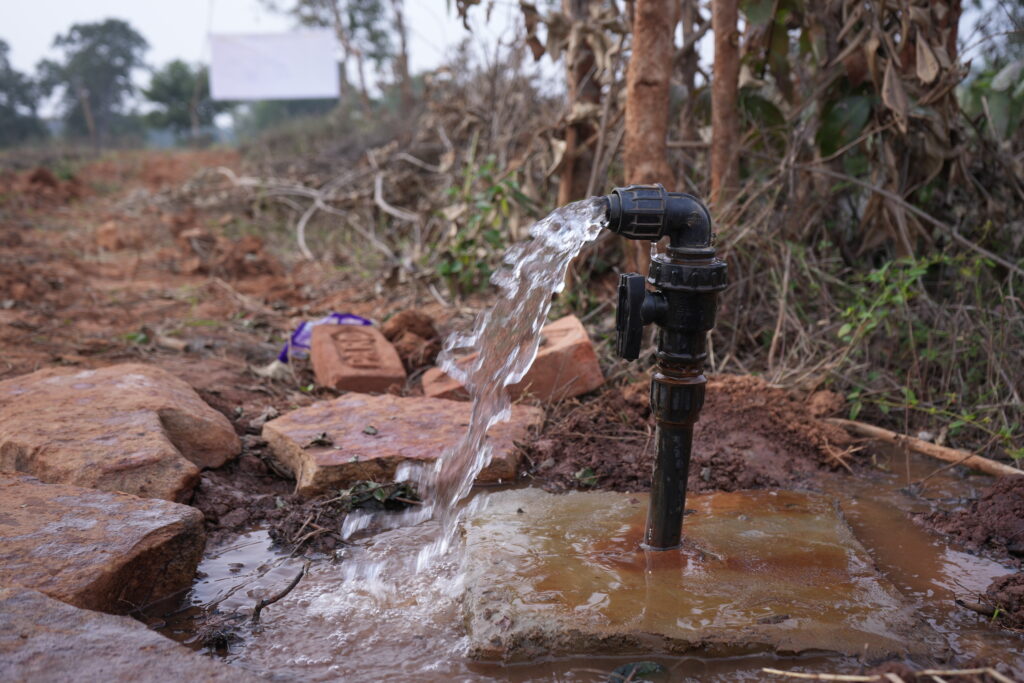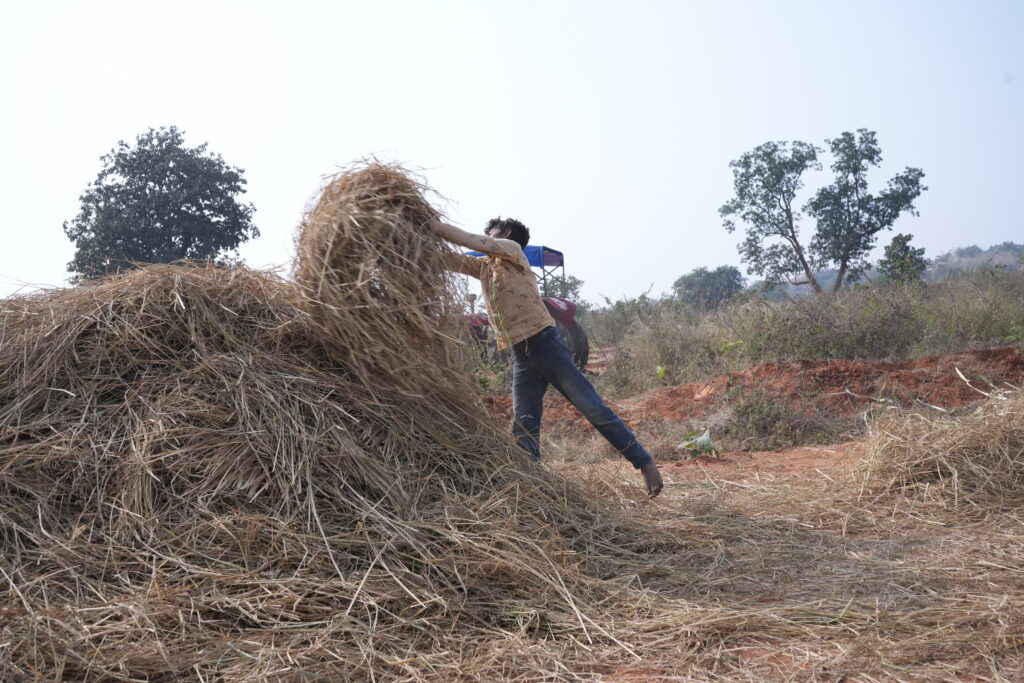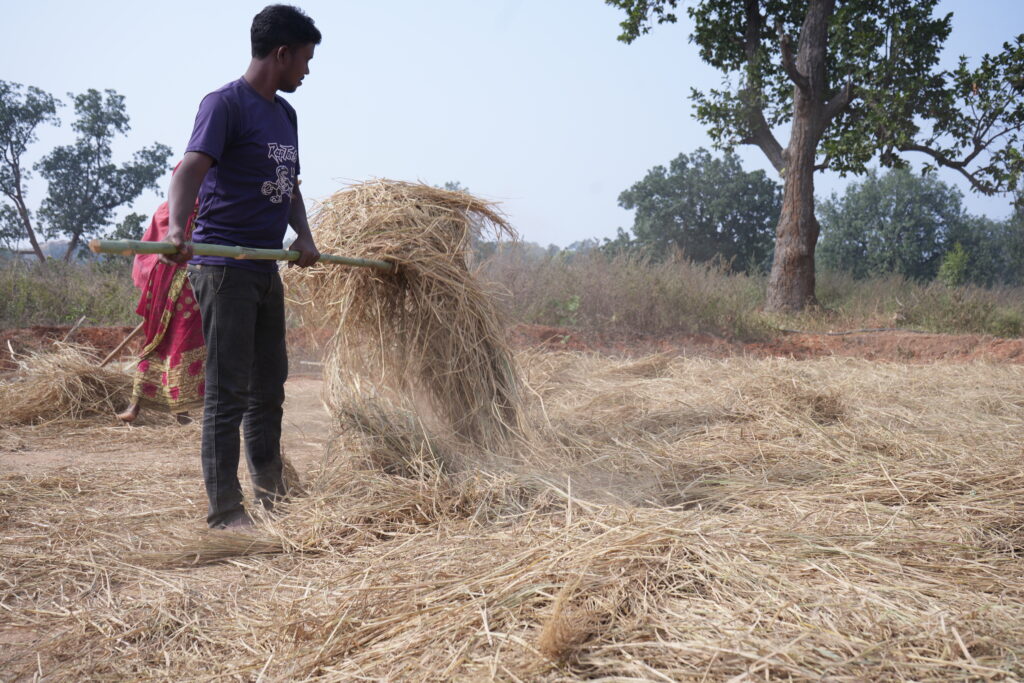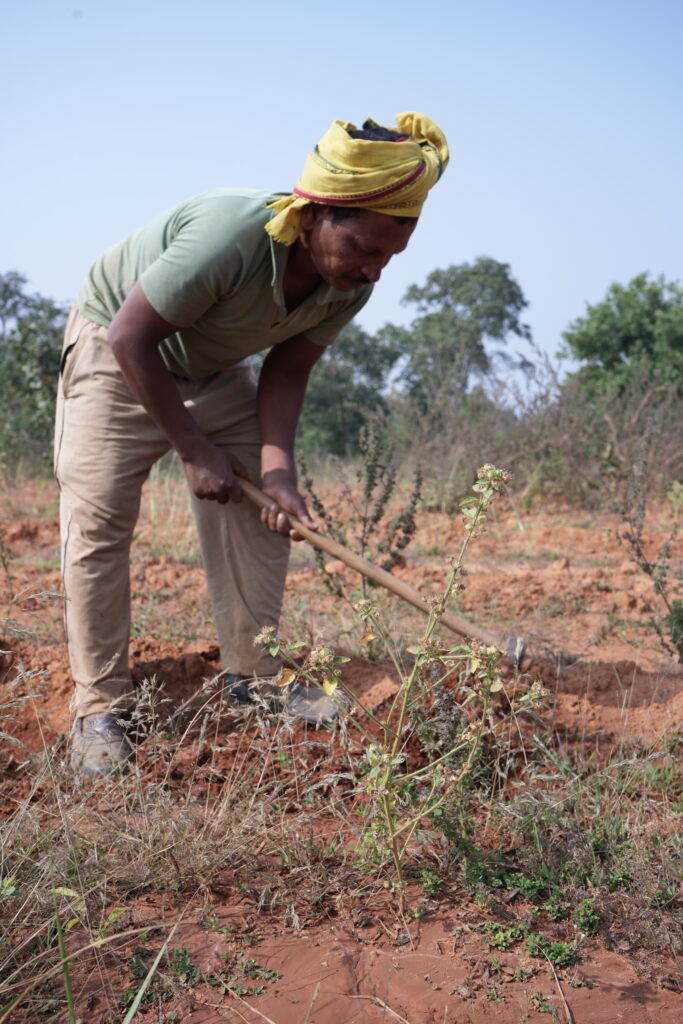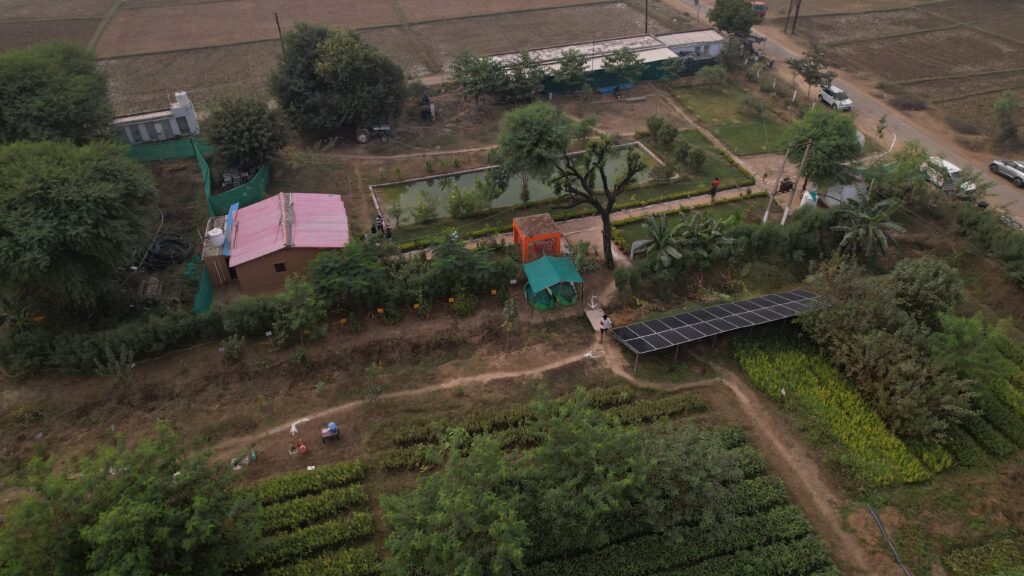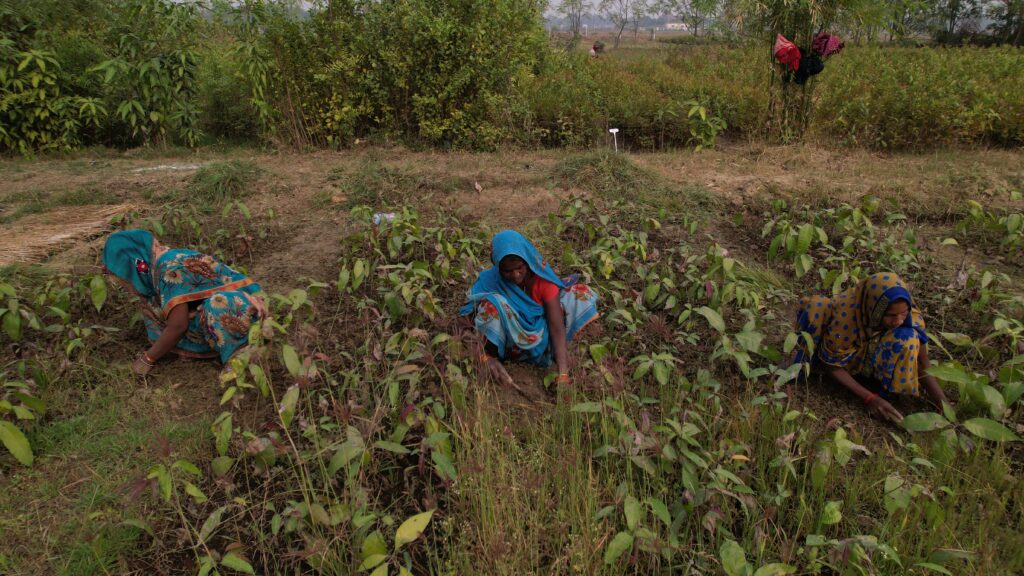Harit Sandarbh
Agroforestry Practices for Sustainable Rural Livelihoods in Sonbhadra





Uttar Pradesh is grappling with an environmental crisis driven by industrial pollution and erratic climatic shifts, severely impacting agricultural productivity and groundwater recharge. This participatory agroforestry initiative emerges as a scalable Nature-based Solution, addressing carbon sequestration, erosion control, and enhanced climate resilience. By integrating diverse native tree species into agricultural systems, the program strengthens ecosystem services, fosters biodiversity, and lays the foundation for sustainable land management. Designed to enable local communities, it advances environmental conservation while creating resilient livelihoods in climate-change-affected communities.
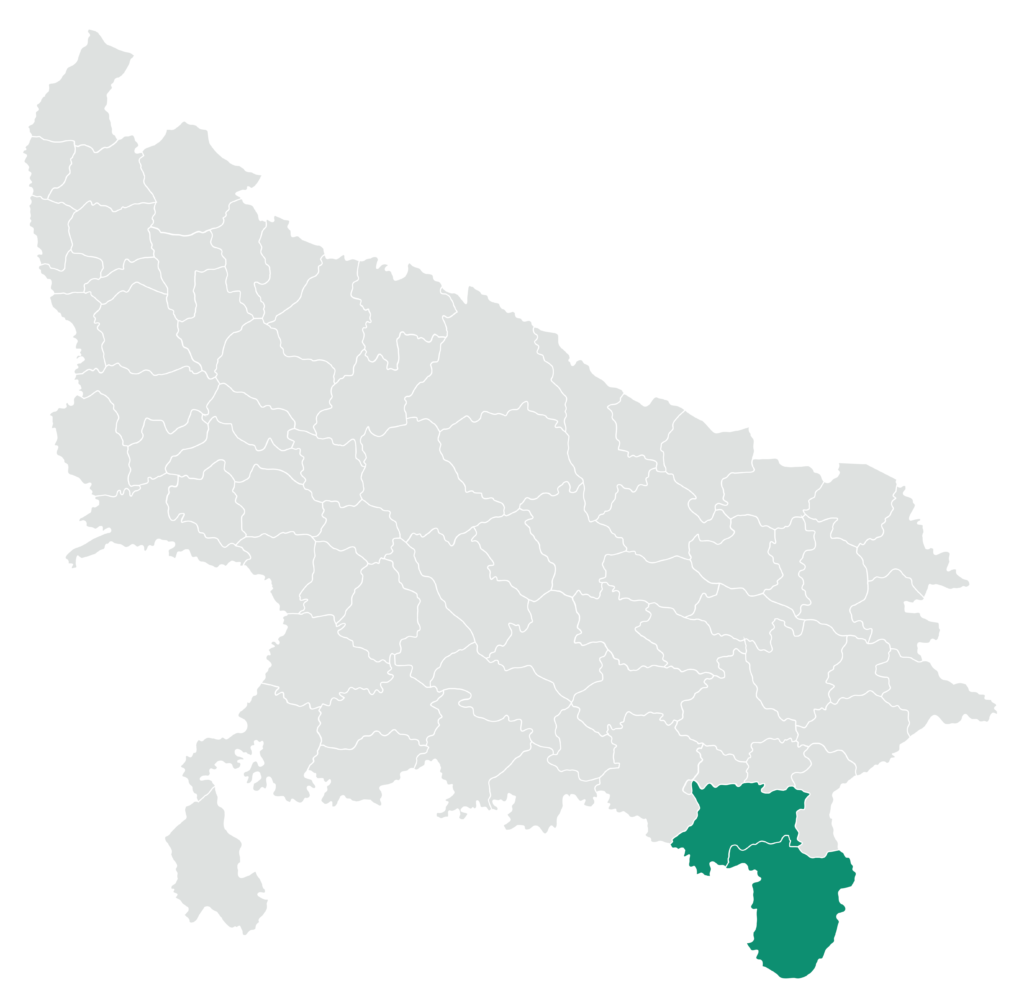
Uttar Pradesh, India
Project Location: Uttar Pradesh, India
Methodology: Afforestation, Reforestation of Lands Except Wet Lands
Standard: Verified Carbon Standard
![]() Plantation Area: 2,000+ HA
Plantation Area: 2,000+ HA
![]() Current Plantation: 6.5 million trees
Current Plantation: 6.5 million trees
![]() Farmers Engaged: 950+
Farmers Engaged: 950+
Community-Driven Agroforestry for Sustainable Impact
This program champions a landscape-based approach that holistically addresses soil health, water management, and biodiversity preservation. Native species strategically combat erosion and boost groundwater recharge, contributing to regional environmental restoration. Guided by the principles of gender equity, participatory governance, and respect for indigenous knowledge, the initiative prioritizes social inclusion at every stage. By fostering capacity building and forging partnerships with local organizations, it enables long-term sustainability and community ownership. This program represents a replicable and scalable solution that bridges environmental, economic, and social objectives, embodying the synergy of nature-based solutions and community-led development.

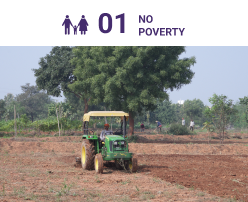
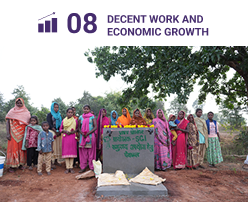
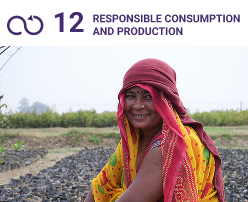

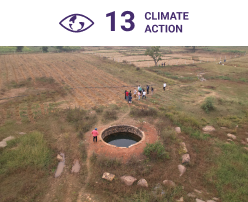
The program creates financial buffers for over 2,000 farmers and 150 nursery workers by integrating high-value species that provide both immediate income and long-term returns. This intervention mitigates risks associated with fluctuating agricultural yields, ensuring economic security for smallholder families reliant on fragile agrarian systems.
At the heart of this initiative is the creation of localized green economies. By involving rural communities in planting, nursery management, and long-term maintenance, the program generates direct employment opportunities while stimulating the regional economy. Such activities align with a just transition framework, emphasizing both environmental and social dividends.
Transitioning from monocropping to agroforestry, the project promotes sustainable timber practices, reducing dependency on annual crops. By leveraging native species for judicious resource use, it embeds principles of circular economy and responsible production into local agricultural systems, aligning with modern sustainability standards.
Through targeted training programs and equitable access to financial resources, this project fosters social inclusion and supports underresourced communities. Adopting participatory governance structures ensures that farmer collectives play a key role in decision-making, thus leveling the field for all stakeholders and creating a truly inclusive rural development model.
This project goes beyond reforestation, employing an ecosystem-based strategy that regenerates soil health, improves water retention, and fosters biodiversity. By focusing on native species, the program directly combats land degradation while restoring the ecological integrity of the landscape. Selective harvesting is capped at 2% per annum to ensure a delicate balance between conservation and sustainable utilization, promoting long-term environmental stewardship.
Diversified Livelihood Opportunities

The program creates financial buffers for over 2,000 farmers and 150 nursery workers by integrating high-value species that provide both immediate income and long-term returns. This intervention mitigates risks associated with fluctuating agricultural yields, ensuring economic security for smallholder families reliant on fragile agrarian systems.
Anchored in Community Participation

At the heart of this initiative is the creation of localized green economies. By involving rural communities in planting, nursery management, and long-term maintenance, the program generates direct employment opportunities while stimulating the regional economy. Such activities align with a just transition framework, emphasizing both environmental and social dividends.
Sustainable Resource Management

Transitioning from monocropping to agroforestry, the project promotes sustainable timber practices, reducing dependency on annual crops. By leveraging native species for judicious resource use, it embeds principles of circular economy and responsible production into local agricultural systems, aligning with modern sustainability standards.
Capacity Building and Inclusion

Through targeted training programs and equitable access to financial resources, this project fosters social inclusion and supports underresourced communities. Adopting participatory governance structures ensures that farmer collectives play a key role in decision-making, thus leveling the field for all stakeholders and creating a truly inclusive rural development model.
Ecological and Biodiversity Protection: The Watershed Approach

This project goes beyond reforestation, employing an ecosystem-based strategy that regenerates soil health, improves water retention, and fosters biodiversity. By focusing on native species, the program directly combats land degradation while restoring the ecological integrity of the landscape. Selective harvesting is capped at 2% per annum to ensure a delicate balance between conservation and sustainable utilization, promoting long-term environmental stewardship.
Gallery
